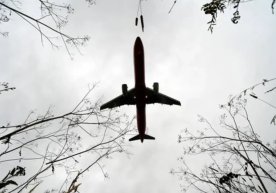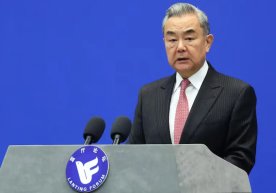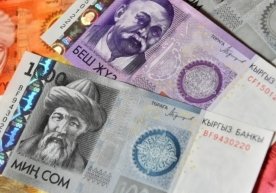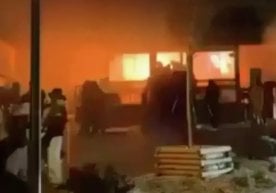Violence in Nigeria: Religion or Resource Struggle
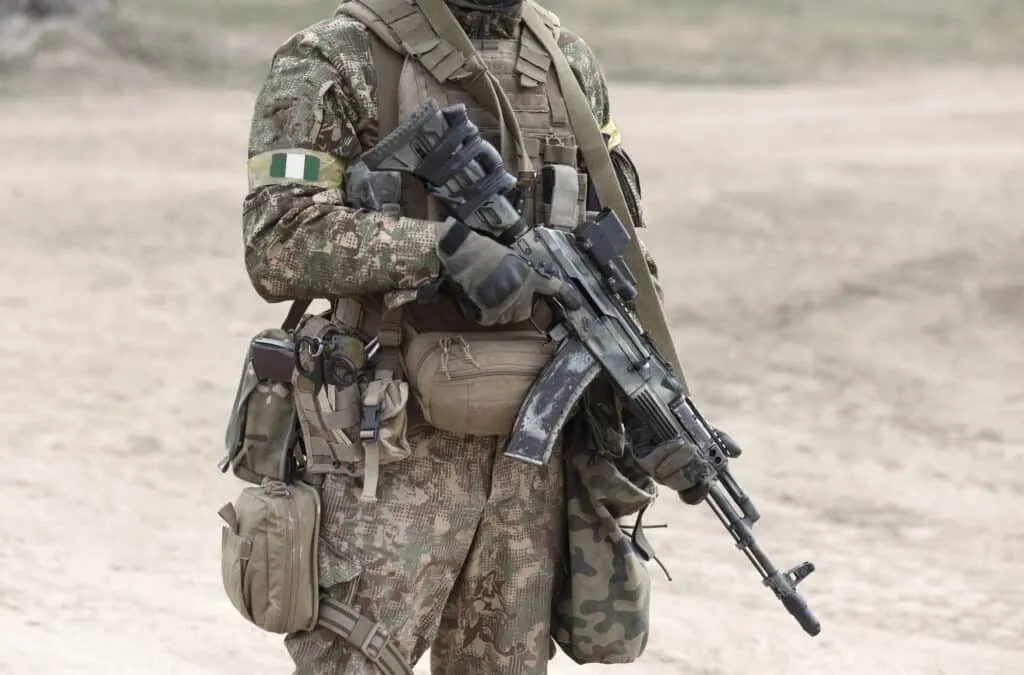
On November 1, U.S. President Donald Trump accused the Nigerian government of failing to "stop the mass killing of Christians" and threatened military strikes against "Islamist terrorists." In Nigeria, 56.1% of the population adheres to Islam, while 43.4% follow Christianity.
The Nigerian government acknowledges the existence of the problem but denies the notion of a "genocide against Christians." Officially, Abuja considers such statements as a result of insufficient understanding of the country's diversity and complexities.
Are Christians in Nigeria truly facing a "life-and-death threat," as the U.S. leader described? What role does religion play in this conflict?
And who is behind the attacks in various regions? According to reports, between October 2019 and September 2023, at least 16,769 Christians were killed in Nigeria, while another 11,185 were kidnapped.
Statistics indicate that Christians are 2.7 times more likely to be killed and 1.4 times more likely to be kidnapped compared to Muslims. However, the majority of conflicts are rooted not in religious differences but in economic factors.
In central parts of the country, clashes are frequently observed between Muslim Fulani herders and Christian farmers over access to water and land. Climate change and desertification in northern regions are forcing the Fulani to migrate southward, predominantly into areas inhabited by Christians, leading to a rise in conflicts.
At the same time, Muslims are also falling victim to violence. Between October 2019 and September 2023, at least 6,235 Muslims were killed.
When victims with no clear religious affiliation are included, this number could rise to 8,314. Among Muslims, deaths caused by attacks from extremist groups such as "Boko Haram" are more prevalent.
"Boko Haram" was established in 2002, with its primary objective being the eradication of Western education. This group has committed numerous crimes, including kidnappings, killings, and terrorist attacks.
Subsequent internal divisions within the group have led to the emergence of new organizations, such as "Islamic State – West Africa Province." This situation demonstrates how religious and economic issues intertwine in Nigeria, creating a complex conflict scenario.
Read “Zamin” on Telegram!
Ctrl
Enter
Found a mistake?
Select the phrase and press Ctrl+Enter 













